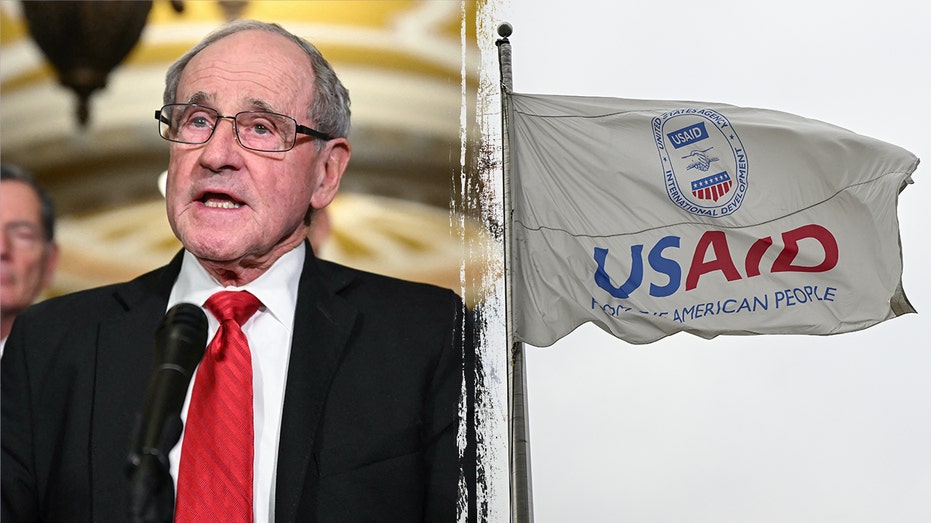Risch Calls for Comprehensive USAID Spending Audit Amid Exposure of Waste and Fraud
Risch urges review of USAID descriptions, citing insufficient information.

Senator Jim Risch, chairman of the Senate Foreign Relations Committee, has called for a comprehensive review of spending by the U.S. Agency for International Development (USAID), following significant changes to the agency’s structure and mission under President Donald Trump’s administration. USAID, once an independent organization responsible for providing foreign development aid to impoverished countries, has undergone sweeping reforms since Secretary of State Marco Rubio was appointed to oversee its operations early this year. The agency now faces mass layoffs as it is absorbed into the State Department amid concerns that its activities have drifted from advancing core American interests.
“The amount of money that we're spending on that has to be reviewed top to bottom,” Senator Risch emphasized at a recent event in Washington, pointing to what he described as insufficient oversight and transparency over billions of dollars in USAID programming. He cited examples such as a $3 million allocation described vaguely as promoting democracy in a fictional "Lower Slobovia," suggesting that many programs lack clarity and measurable results. “We can do so much better, not only in how, how much money we spend, but how we spend it,” Risch said, while affirming that restructuring does not signal a retreat from America’s global leadership on human rights. “America leads the way on human rights. We are the world standard on human rights. We have no intention of giving that position up.”
This move comes against the backdrop of growing criticism of USAID's expenditures, particularly regarding some of its initiatives targeting diversity and inclusion abroad. The Department of Government Efficiency (DOGE) has spotlighted USAID for allegedly wasteful spending, including a $1.5 million program aimed at promoting diversity and inclusion in Serbia and a separate $70,000 musical project in Ireland. These expenditures sparked internal and external debate about USAID’s priorities and impact, ultimately accelerating calls for reform from both the executive branch and Congress.
Following a six-week review, Secretary Rubio announced that more than 80% of USAID’s programs would be terminated, affecting approximately 5,200 of the agency’s 6,200 initiatives. The State Department subsequently began absorbing the remaining operations, effectively ending USAID’s status as an independent agency. According to internal memos, thousands of staff positions are being eliminated in what officials describe as an effort to refocus on “life-saving” foreign assistance and strategic investments that directly benefit U.S. interests and allies.
“Foreign assistance done right can advance our national interests, protect our borders, and strengthen partnerships with key allies,” Rubio stated after the reorganization announcement. He argued that USAID had “strayed from its original mission long ago,” with too few gains to justify soaring costs. “We are continuing essential lifesaving programs and making strategic investments that strengthen our partners and our own country,” Rubio added, underscoring a new direction for American foreign aid under his stewardship.
The overhaul has generated fierce opposition from Democratic lawmakers, who argue that the dismantling and absorption of USAID violates congressional intent and U.S. law. Representative Gregory Meeks, the ranking Democrat on the House Foreign Affairs Committee, condemned the restructuring as “plainly illegal,” emphasizing that Congress established USAID as an independent agency with its own budget and that only legislative action could eliminate it. Meeks also voiced concerns that the move undermines both U.S. foreign policy objectives and national security interests at a critical time on the global stage.
As the debate intensifies in Washington, the future of American foreign aid and development strategy hangs in the balance. Despite assurances from the administration that vital programs will continue, questions remain about the impact of these sweeping changes on the agency’s staff, recipients of U.S. assistance worldwide, and the overall role of the United States as a leader in global humanitarian efforts.




